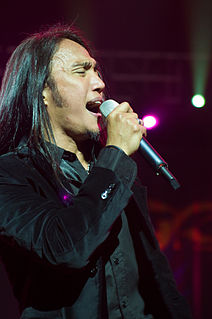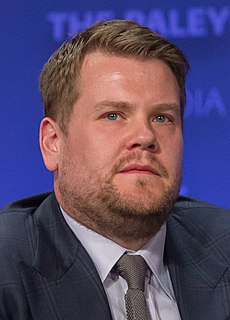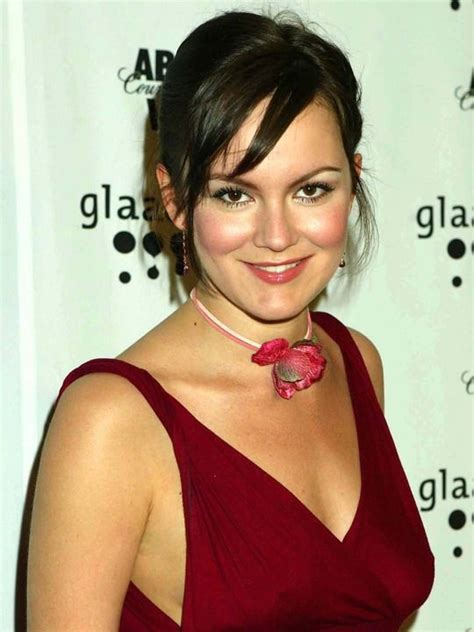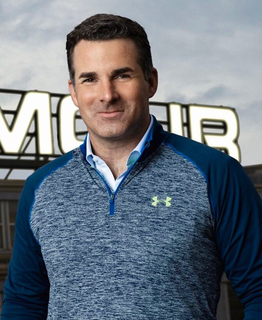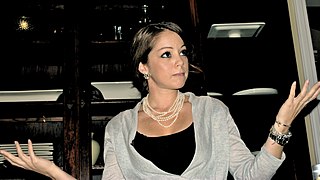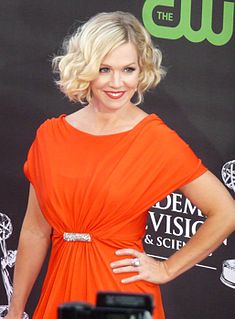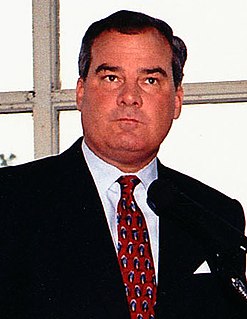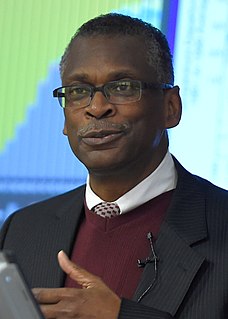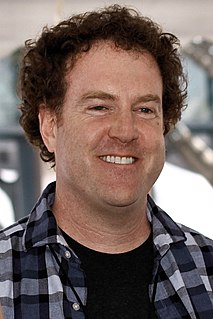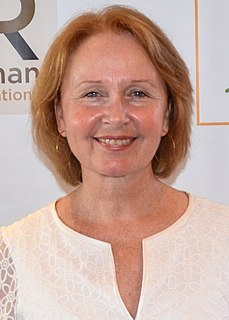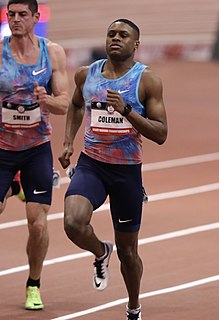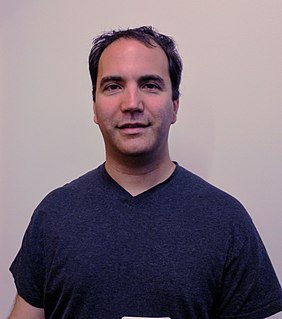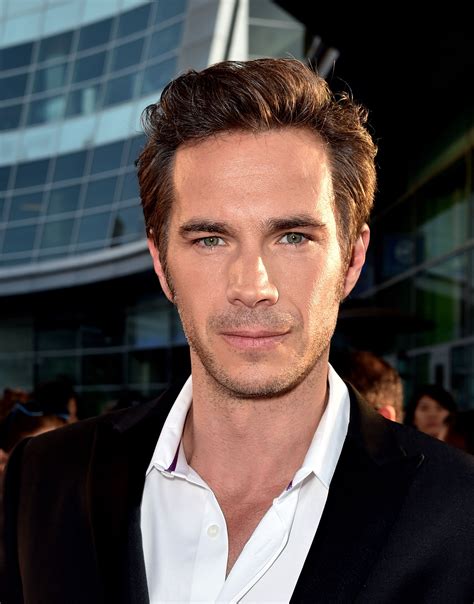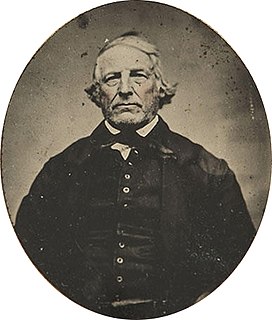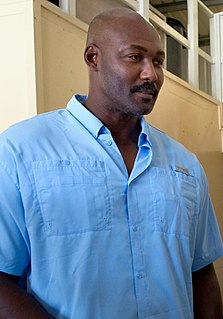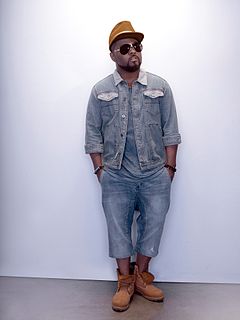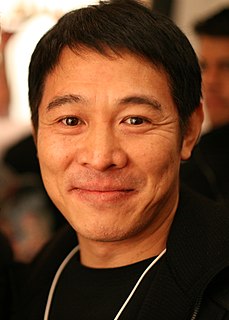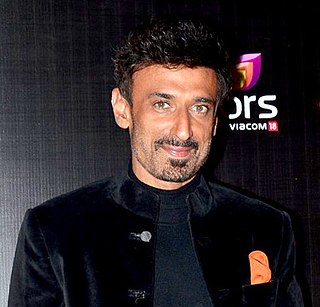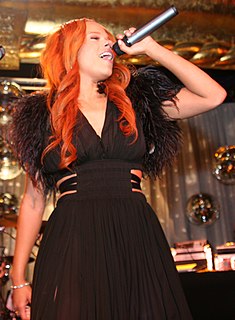Top 1200 Skipping School Quotes & Sayings - Page 6
Explore popular Skipping School quotes.
Last updated on April 21, 2025.
The most important steps that I followed were studying math and science in school. I was always interested in physics and astronomy and chemistry and I continued to study those subjects through high school and college on into graduate school. That's what prepared me for being an astronaut; it actually gave me the qualifications to be selected to be an astronaut.
At the school I attended, the clergyman who ran the cathedral school in Shanghai would give lines to the boys as a punishment. They expected you to copy out, say, 20 or 30 pages from one of the school texts. But I found that rather than laboriously copying out something from a novel by Charles Dickens, it was easier if I made it up myself.
My parents were educated in the Turkish system and went straight from high school to medical school; my mom, who had skipped a grade, was dissecting corpses at age seventeen. Growing up in America, I think I envied my parents' education. By comparison, everything I did in school seemed so sort of low-stakes and infantilizing.
I never went to school for that. In high school we had photography, which was great. That was another moment of discovery. I had a great teacher - I can't even remember her name now. I ended up going to boarding school for my last high school years and they had a dark room there. Of course there was curfew; you were supposed to be in bed at a certain time. But I would sneak out and sneak into the dark room and work all night.
I was lucky enough to go to college for four years. At what was supposedly a hippie school with no tests and no grades, blah blah blah, I wasn't learning that. I was taking photography classes. That stuff just wasn't talked about. It was like, "Does this picture have the right about of grey in it?" It wasn't even an art school. It was a state-run school.
Going to school is not the same as going shopping. Parents should not be burdened with locating a suitable school for their child. They should be able to take their child to the neighborhood public school as a matter of course and expect that it has well-educated teachers and a sound educational program.
If you feel your school is failing you, the question is why. Is it a lack of parental involvement, large classes, school violence, poor learning environment? Are there any standards to determine where problems are? Are there tutoring or mentoring programs? If the school is still failing after 3 years then what are your options?
I went to public school, and I didn't do well in school. And it wasn't until, actually, I got into school at Juilliard - it was the first time in my life that I thought, 'Oh, maybe I'm not stupid,' because I was so inspired and passionate about what I was learning, and it was the first time in my life I had felt that.
If you're afraid to talk to the other adults in your school it is definitely throughout history the hallmark of a failing school. When I was writing about the teachers' strike in New York City in 1968, the middle school where events triggered that strike was a place where teachers were known to hide in their classrooms.
I really am at a place where I think we need to feed every child at school for free and feed them a real school lunch that's sustainable and nutritious and delicious. It needs to be part of the curriculum of the school in the same way that physical education was part of the curriculum, and all children participated.
In 1968 when I was in high school I built a four-foot-tall remote control robot with pneumatic cylinders that operated his hands. My robot won first place at a science competition at the University of Alabama where my high school was the only African-American school represented. That was a huge moral victory.
At the age of 6, a teacher full of ambitions, who taught in the small public school of Biran, convinced my family that I should travel to Santiago de Cuba to accompany my older sister who would enter a highly prestigious convent school. Including me was a skill of that very teacher from the little school in Biran.
To expose the hardships experienced by children who are deprived of the right to attend school, Camfed has produced a series of films about educational exclusion. 'Every Child Belongs in School' provides a glimpse into the lives of children who have been forced by poverty to leave school at a very young age and take a difficult life path.
For a number of years at my public elementary school in rural Maine, I was treated like all the other girls in school. That changed in September 2007 when a male classmate, set on a path by his grandfather, followed me into the girls' restroom. The end result was that I had to use the school's staff bathroom - just me, no one else.
Prep school, public school, university: these now tedious influences standardize English autobiography, giving the educated Englishman the sad if fascinating appearance of a stuffed bird of sly and beady eye in some old seaside museum. The fixation on school has become a class trait. It manifests itself as a mixture of incurious piety and parlour game.
Most people are nostalgic in a way that they're fond of the past, but they still are happy that they are where they are now. You know, when you say, 'Oh, high school was this or that,' you don't want to go back. No matter how much you loved high school, you don't want to actually be back in high school. I certainly wouldn't.
I was in high school, and I was the guy that always got cast in the school play. Theater is huge in high school in Minnesota, and I knew that I was very good at that, and gifted, and I was 'the guy,' but it still wasn't something I ever thought of as 'a job' or something that one could do professionally.
[Larry Laurenzano] gave me a junior high school saxophone to take to high school, because I was always taking one of our school horns home to practice and I couldn't afford to buy one. He gave my friend, Tyrone, a tuba and he gave me a junior high saxophone for each of us to use at Performing Arts High School with. My audition piece was selections from Rocky. We were not sophisticated. But we had some spirit about it. We enjoyed it, and it was a way out.
I was in school, but I wasn't into school. I wasn't doing what I wanted to be doing in school, which was film studies. That was what I intended on doing, but I didn't go away to a university because I wanted to stay in L.A. and audition while I took classes, so I elected to go to a community college and just take G.E. courses. It was terrible.
But, once again, when I said I'm so grateful for my mom just being adamant about me staying in public school - that is what allowed me to be exposed to so many different types of people. I went to a high school that was by the beach. I elected to do bussing my junior high school years. And my first year of high school, I would take the bus from my neighborhood to the beach schools. And at those schools, you had such a mix of so many types of kids.
My mother grew up in abject poverty in Mississippi, an elementary school dropout. Yet, with the support of women around her, she returned to school and graduated as class valedictorian - the only one of her seven siblings to finish high school. She became a librarian and then a United Methodist minister.




